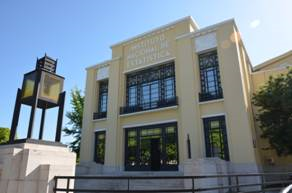
A taxa de desemprego no 2º trimestre de 2015 foi de 11,9%. Este valor é inferior em 1,8 pontos percentuais (p.p.) ao do trimestre anterior e em 2,0 p.p. ao do trimestre homólogo de 2014.
A população desempregada, estimada em 620,4 mil pessoas, registou uma diminuição trimestral de 13,0% e uma diminuição homóloga de 14,9% (menos 92,5 mil e menos 108,5 mil pessoas, respetivamente).
A população empregada foi estimada em 4 580,8 mil pessoas, o que corresponde a um acréscimo trimestral de 2,3% (mais 103,7 mil pessoas) e a um acréscimo homólogo de 1,5% (mais 66,2 mil pessoas).
A taxa de atividade da população em idade ativa situou-se em 58,6%, valor superior em 0,1 p.p. ao observado no trimestre anterior e inferior em 0,4 p.p. ao do trimestre homólogo.
A partir deste trimestre, o INE passa a divulgar estimativas de fluxos trimestrais entre estados do mercado de trabalho (fluxos brutos e líquidos) expressos em número de pessoas, em complemento às taxas de transição divulgadas habitualmente, conforme explicitado nas páginas 6 a 8 deste Destaque. O Eurostat prevê iniciar, ainda em 2015, a disponibilização destes resultados por país, obtidos através de uma metodologia idêntica à utilizada pelo INE.
Nestas estimativas trimestrais foi considerada a população com 15 e mais anos e os valores não foram previamente ajustados de sazonalidade.